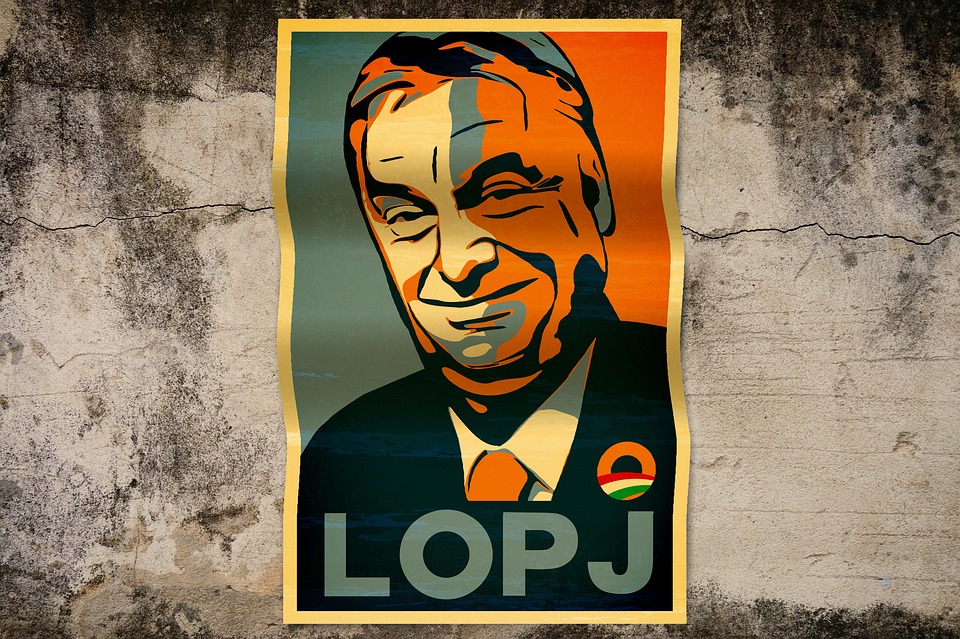
This is an article I have written together with Oscar Petersson as a part of The Master program of Political Science, Linnaeus University, Växjö, Sweden. You find the complete article here >>>
Since Viktor Orbán came into power in Hungary in 2010, the relationship with the European Union has become tense. The development since then have taken an illiberal turn by the weakening of institutions and markets. The power constellation of the Fidesz, the leading party of the Hungarian government, have been ever growing since then. The quest of Liberal intergovernmentalism from the EU is challenged. This article is investigating the development of Hungary during the rule of Orbán and is questioning the partnership between the EU and Hungary by examining the rules of accession, also known as the Copenhagen criteria. Our assessment shows that the Orbánization of Hungary would not make an accession possible today.
The democratic revolution of 1989 teared down the Berlin wall and the Iron curtain along with it, leaving Hungary more or less alone in a deeply politically divided world. Just a few months earlier, June 1989, a young Viktor Orbán had promoted a withdrawal of Soviet troops from Hungary, and later that summer he participated in the negotiations with communist leaders that led to Hungary’s first free election (Rupnik 2012:134-135). In this article we are examining the development of Hungary, mainly from 2010 to present time during the governance of Orbáns party Fidesz, a development some have called the “Orbánization of Hungary” (Kochenov & Pech, 2016:1064). Although, in Orbán’s view, the post-communist western political and economic development have been conducted by a corrupt liberal elite (Buzogány, 2017:1314), resulting in that Orbán has been promoting an “illiberal state” (Kornai, 2015:42). When Hungary joined the EU in 2004, they fulfilled the accession demands in the Copenhagen criteria, but what has happened since then? The aim of this article is to present how Hungary meets these western liberal democratic criteria, and in consequence, could Hungary be accepted by the EU as a member-state today?
Further reading here >>>











Get Social